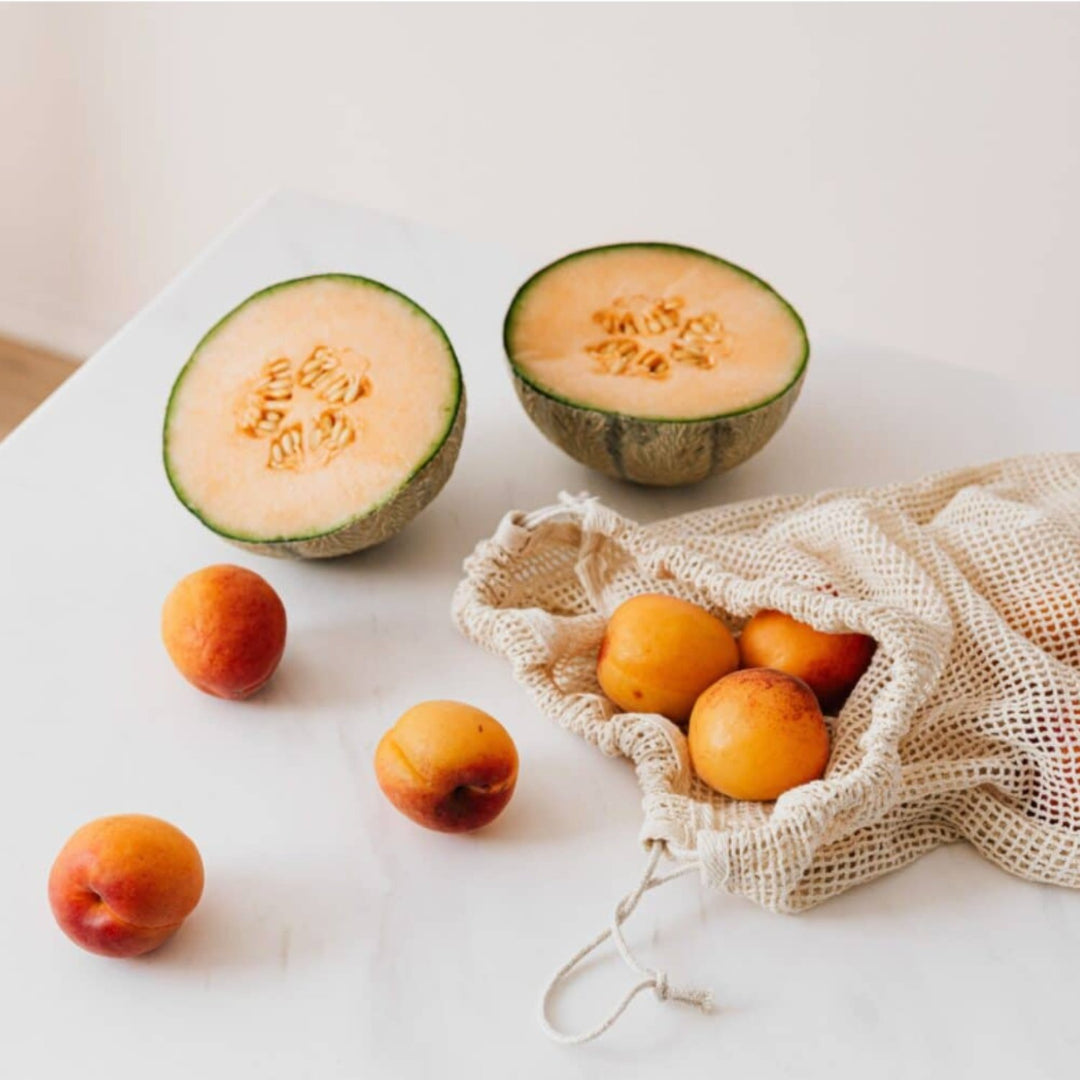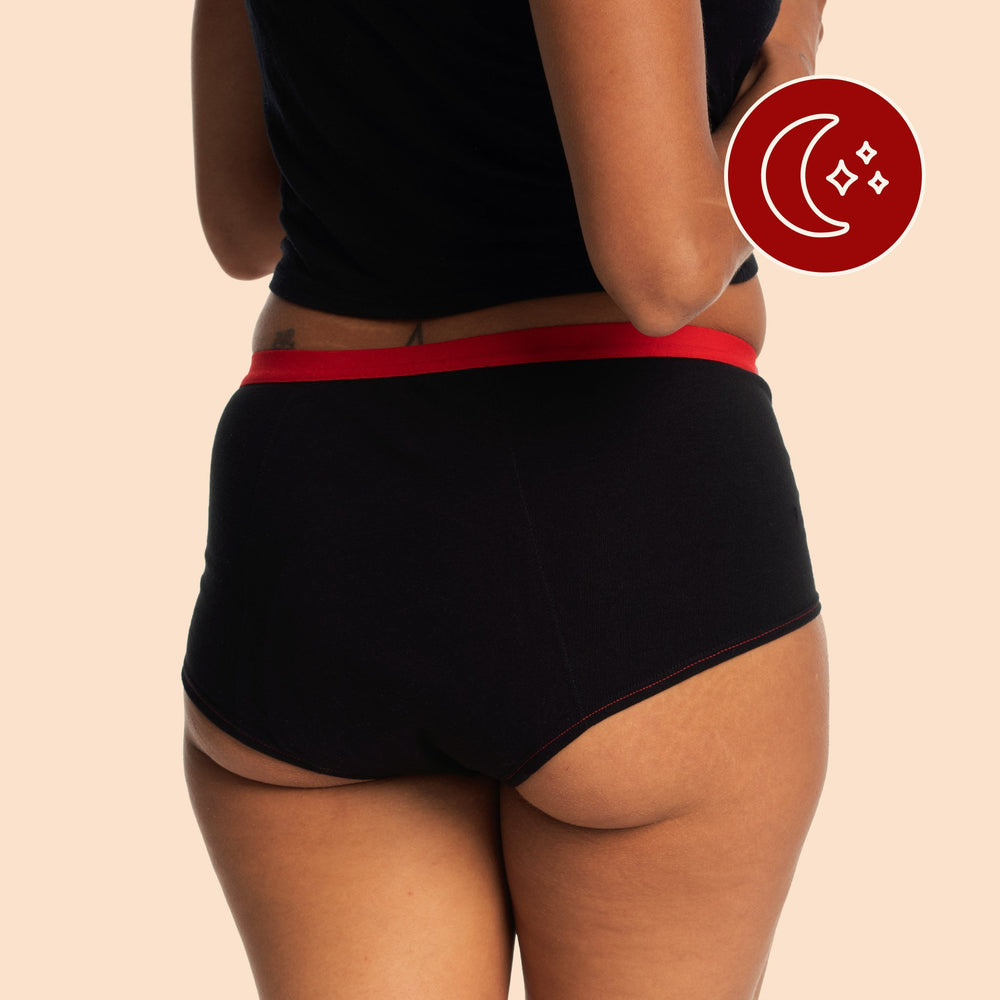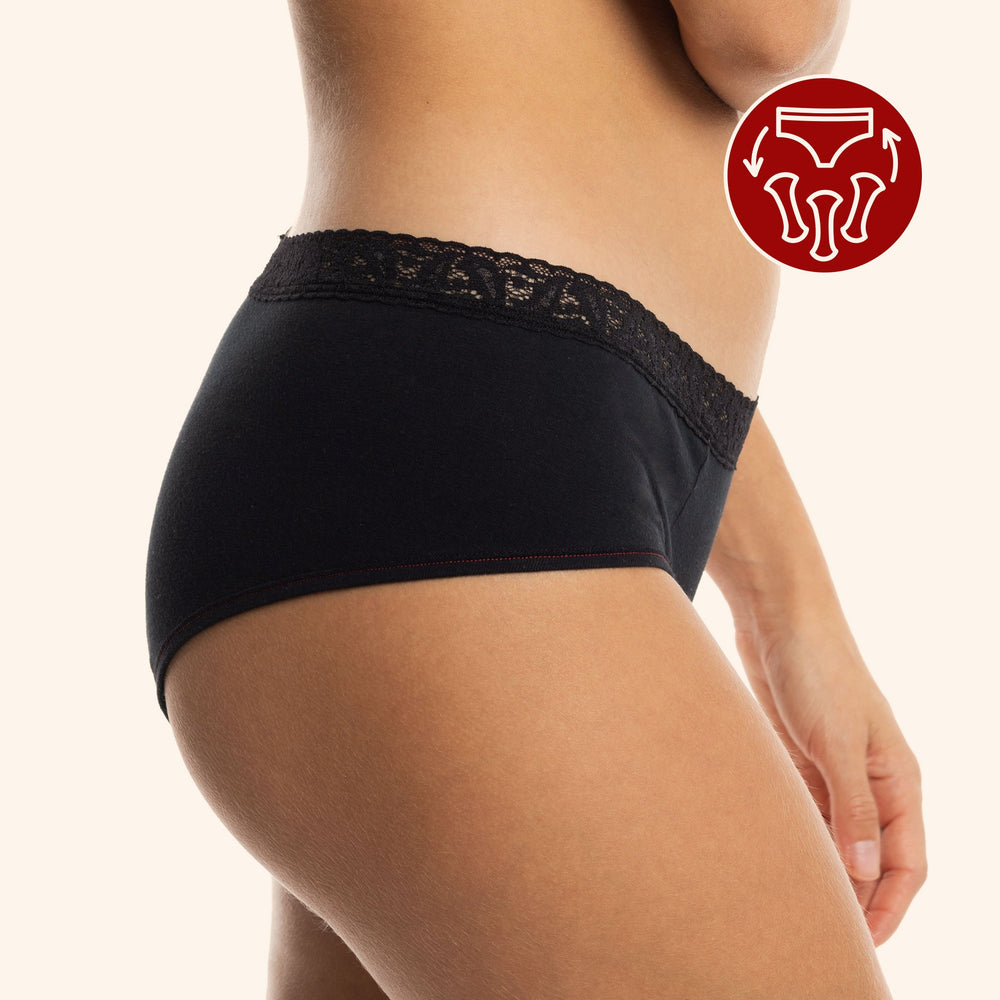
Is menstruation still taboo in 2021?
It seems that despite the great awakenings of consciousness on several fragile subjects in our societies, menstruation remains a little taboo. Let’s not keep it that way: the SexMaitresses are there to shed light on this big subject that certainly deserves more glory than contempt. This trio of 3 brilliant women, sexologists, friends, and roommates look at issues surrounding sexuality and feminism. They generously share their living room conversation with those curious in this wonderful podcast available here. On the subject of menstruation, here are some clues they give us to understand where the disgust and misunderstanding come from in the face of this natural occurrence of the female body.
💡 This article is a summary of the monthly "Red Table'' Events 💡
The Red Table is a space for educational, safe and inclusive discussion to gather and address topics that are still often taboo. The floor is entirely left to the invited experts, as well as to the community present. These discussions reflect opinions and in no case should they be considered as medical recommendations.
Where does the disgust for menstruation come from?
Every day, 800 million people have their periods. Yet menstruation is still a universal shame and silence is the rule. People with menstruation talk about it as little as possible and try to hide this natural phenomenon without suspecting that silence deprives them of their power. Indeed, the shame felt about it and the silence that results from it prevent us from demanding more knowledge, better care, more effective menstrual products, lower prices and more research on it.
It’s all about words
But where does the contempt for this thing as natural, as healthy and necessary for life come from? We could start our research in our daily lives, with the vocabulary we use to name our periods. Terms like “code red”, “girl flu”, “red wedding”, “shark week”, “the curse” or “bloody Mary” may seem harmless because we are used to hearing them, but they nevertheless maintain in the collective unconscious a negative image of menstruation.
Then, we can go back a few centuries to find texts that devalue periods. For example, this one, from the first Latin encyclopedia:
” Contact with [le sang menstruel] [menstrual blood] turns new wine sour, crops touched by it become barren, grafts die, seed in gardens are dried up, the fruit of trees fall off, the edge of steel and the gleam of ivory are dulled, hives of bees die, even bronze and iron are at once seized by rust, and a horrible smell fills the air; to taste it drives dogs mad and infects their bites with an incurable poison “. [traduction libre].
Negative statements about menstruation have also been written in the Bible and by men who have made history (Freud, Aristotle, Court, etc.). It goes without saying that such ideas leave their mark in our unconscious and over time, the human has unfortunately made an unflattering image of a completely natural function of the female body.
Menstruation is dirty!
Advertisements show women who work hard to keep their white clothes intact, safe from the soiling of their menstruation. It is stronger than us; when we think of menstruation, we think of our stained sheets and panties, we imagine puddles and stains. There is a notion of secrecy that settles around our periods. No smell or stains should be left. Emphasis is on hygiene, cleanliness, and purity. You need to wash the vulva and vagina to avoid odours. It’s embarrassing. Above all, we do not want to make men uncomfortable or confront them with the tainted aspect associated with menstruation!
The words we use daily remind us of the dirty and medical aspect associated with menstrual blood: pads, sanitary product, etc. As if menstruation is a problem to be solved or something to be cleaned up at all costs. As if avoiding letting our periods appear was to maintain standards to be respected, an evidence of etiquette.
In fact, a study by Breanne Fahs in 2011 shows us that three out of ten men find menstrual blood disgusting and that four out of ten men think sex during menstruation is inappropriate. According to the same study, one in three women has already been refused sex during her period and nearly 6 out of 10 women feel uncomfortable initiating the sexual act during this time of the month. These figures are quite revealing; there is indeed a deep unease about the mixture of menstrual blood and sexuality. Ironically, most humans don’t blink while watching bloody scenes of violence on TV, but find it inconceivable that blood flows naturally from the female genitalia.
What if we celebrated our menstruation?
Where do we start to put the rules back in their rightful place in the collective unconscious? First, to remember its sacred nature, the promise of life and creation that it carries with it. Menstruation is a sign of the health of our organism that produces the eggs necessary to create small humans month after month. They are also a period of great cleaning for people who are menstruating; they take with them in each cycle everything that no longer serves, both physical and emotional residues. It is a wonderful opportunity to be able to benefit from this purification process and it is worth celebrating!
Changing our vocabulary
Second, changing the vocabulary we use to talk about menstruation is essential in order to change the negative outlook we unconsciously have about it. Instead of talking about sanitary napkins or sanitary panties, we can rather use the word “menstrual” (menstrual pad, menstrual panties, etc.). Instead of saying that we are “in our curse”, we can simply use the real words (eg. I am menstruating, I have my period). Feel free to be radical about it!
Replay
If you want to see our entire Red Table event online (and free!), it’s here! In French only.
To conclude, education around menstruation
Finally, the most important thing is to educate and have positive discussions around menstruation. Talk about it around you, don’t be afraid to use the real terms and talk about the experience of your period in front of men, children, your sister, your dog. The more we talk about it, the more it normalizes. So leave tampons lying around your home to eradicate the secret side that wanders around the phenomenon. If you feel the call, take an interest in the equation sex + menstruation. You will discover that there are many benefits to making love during this time of the month (pain relief, greater lubrication of the vagina, increased feeling of freedom, etc.).
Encourage community or government initiatives that stand up for the democratization of menstruation. And above all, show kindness to your body and all its functions, do not underestimate the power that hides in your uterus!
Some resources
The Podcast: The SexMaitresses
Ceci est mon sang, Élise Thiébaut (Book)
Les règles… Quelle aventure!, Élise Thiébaut (Book)
The adventures of Toni the tampon, Cass Clemer (Colouring book)
Community or government initiatives
Mme L’Ovary’s #SangDéchet Movement















